Nairobi Client Robbed of KSh 280,000 by Men Posing as Female Massage Therapists

Kenyan authorities have apprehended two men, Alex Mugo Wachira and Simon Chomba Mbogo, in connection with a deceptive online advertising scheme that led to the robbery of a male client seeking massage therapy services.
The suspects allegedly posed as female massage therapists, luring victims through fabricated online profiles offering authentic massage experiences.
According to investigators from Kasarani Police, the men operated by creating convincing online personas, complete with images and descriptions intended to attract male clients. Unsuspecting victims who responded to the advertisements were directed to a location on Lumumba Drive, where they anticipated a professional massage session. Instead, they were met with violence and robbery.
In one reported incident, a male client arrived at the designated location hoping for a stress-relieving massage but was confronted by the suspects, who revealed their true identities and intentions. Brandishing knives, the suspects reportedly threatened the victim and demanded money. Fearing for his safety, the victim complied, transferring KSh 280,000 (approximately $2,000 USD) and surrendering other valuables before being physically mishandled and abandoned.
The brazen nature of the scheme prompted swift action from law enforcement. Forensic investigations led authorities to a location near Kamiti Prison, where the suspects were apprehended. Both men are currently in custody, undergoing legal processing ahead of their court appearance.
The suspects' online activity revealed a flamboyant lifestyle, raising questions about the source of their wealth. Mbogo, who referred to himself as the "Kenyan Bobrisky" on TikTok, regularly shared videos showcasing his affluent wardrobe and lifestyle.
In one video, Mbogo was seen counting large sums of cash, further fueling curiosity and scepticism among his followers. Videos shared on social media platforms depict Mbogo and Wachira engaging in activities that blurred gender norms, such as dancing to traditional Kamba songs while wearing feminine attire. Mbogo’s content often included warnings to women, humorously advising them to “hide their husbands.” These posts, initially appearing harmless, later became indicative of the deceptive behaviour that led to their arrest.
The rise of massage services across Kenya reflects the industry's inherent risks within a largely unregulated environment. Spas and massage parlours are increasingly popular among urban populations seeking therapeutic benefits. However, the lack of stringent oversight creates vulnerabilities, allowing unscrupulous individuals to exploit unsuspecting clients. Municipal bylaws provide a framework for licensing massage operators, emphasising hygiene and adherence to basic safety standards.
Yet, incidents like the one involving Mbogo and Wachira expose gaps in enforcement and highlight the need for improved regulation. Online platforms, while offering convenience and accessibility, have become a fertile ground for fraudsters leveraging anonymity to deceive potential victims. Authorities continue to urge Kenyans to exercise caution when engaging with online service advertisements and to report any suspicious activities.

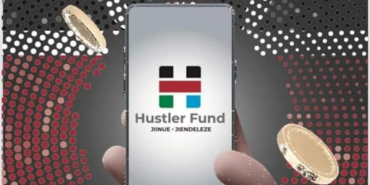

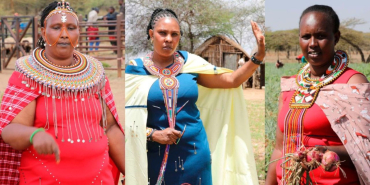
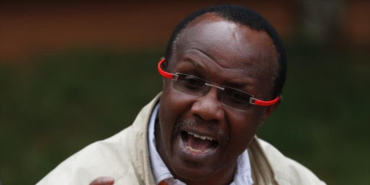
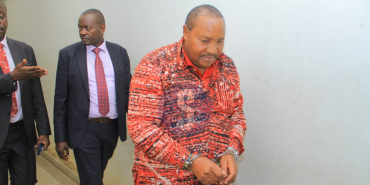
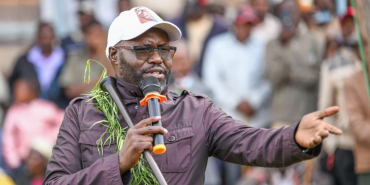


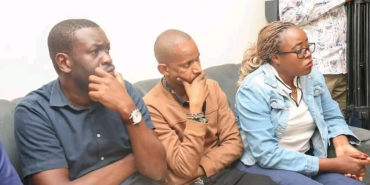




Add new comment